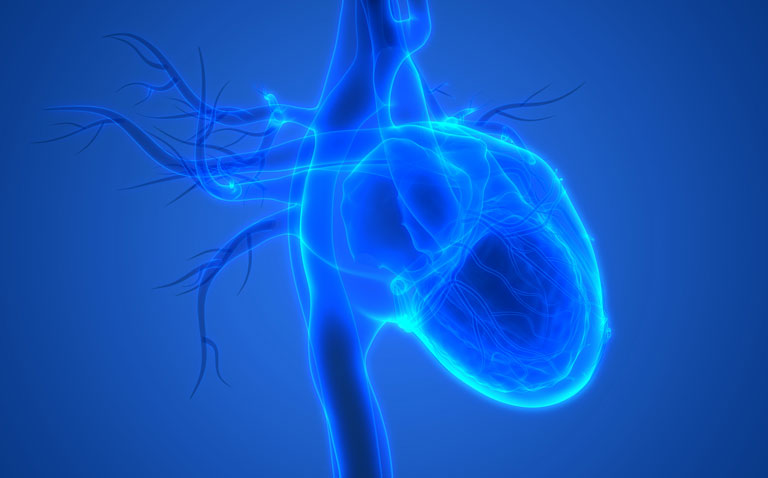Respiratory symptoms due to COVID-19 are well established, as is the fact that these can lead to more serious complications including acute respiratory distress syndrome, pneumonia and death.
Far less is known about how the virus affects the cardiovascular system, but this recent case report in JAMA Cardiology describes the cardiac complications in a patient with COVID-19.
An otherwise healthy 53-year old white woman presented to the emergency department with severe fatigue which had been present for the previous two days. The patient described having had a fever and cough over the previous week but at the time of admission had no other symptoms and was afebrile.
Testing revealed myocardial injury due to increased cardiac troponin levels. The patient was also hypotensive (systolic BP < 90mmHg) and admitted to intensive care and diagnosed with severe left ventricular (LV) dysfunction (reduced LV wall thickness) and acute myopericarditis.
Fortunately, at the time of submission, the authors report that the patient was improving. This appears to be the first recorded incidence of cardiac complications from COVID-19 that might be a consequence of myocyte dissemination of the virus, activation of the immune system and the subsequent onset of heart failure.










